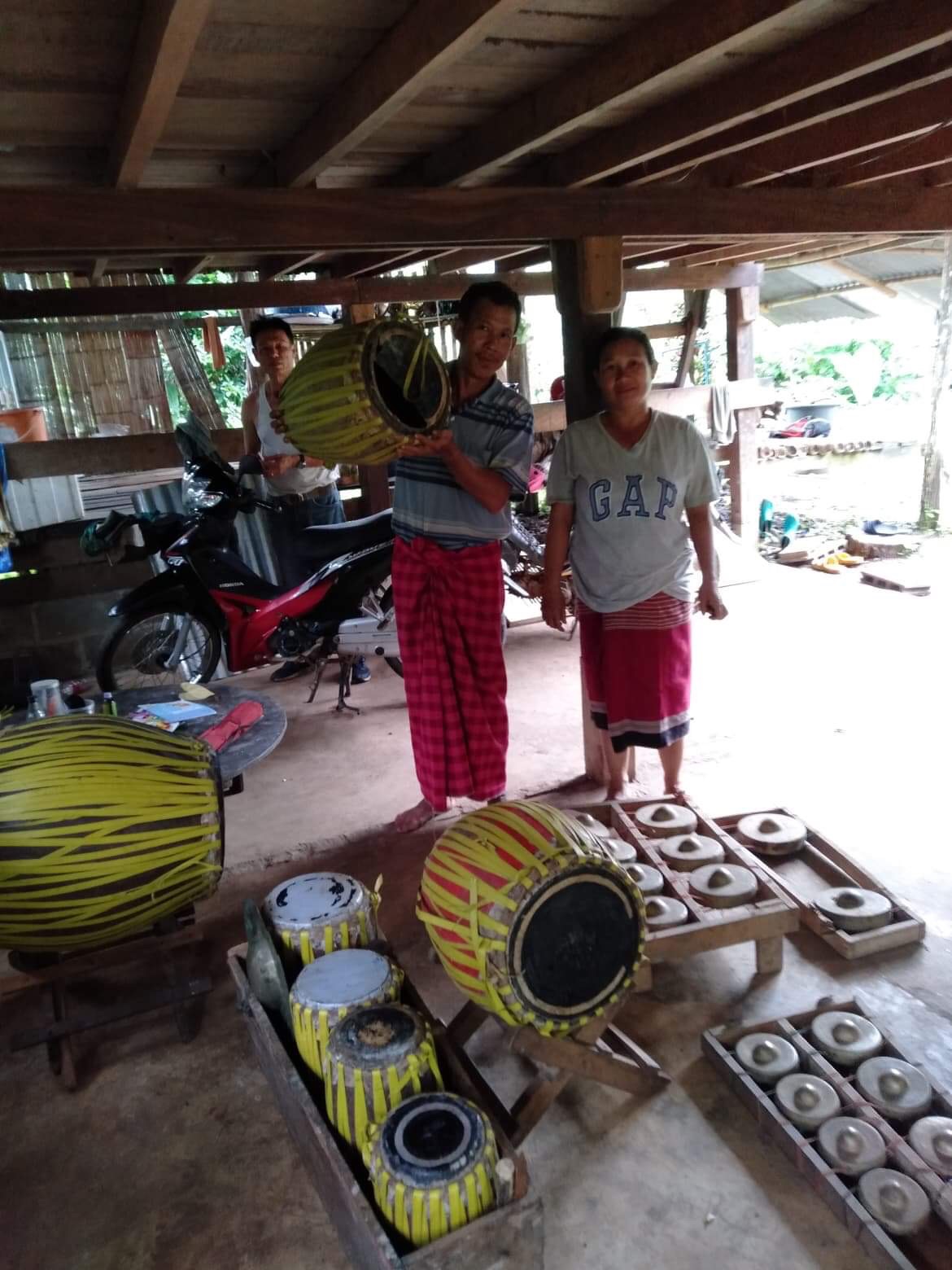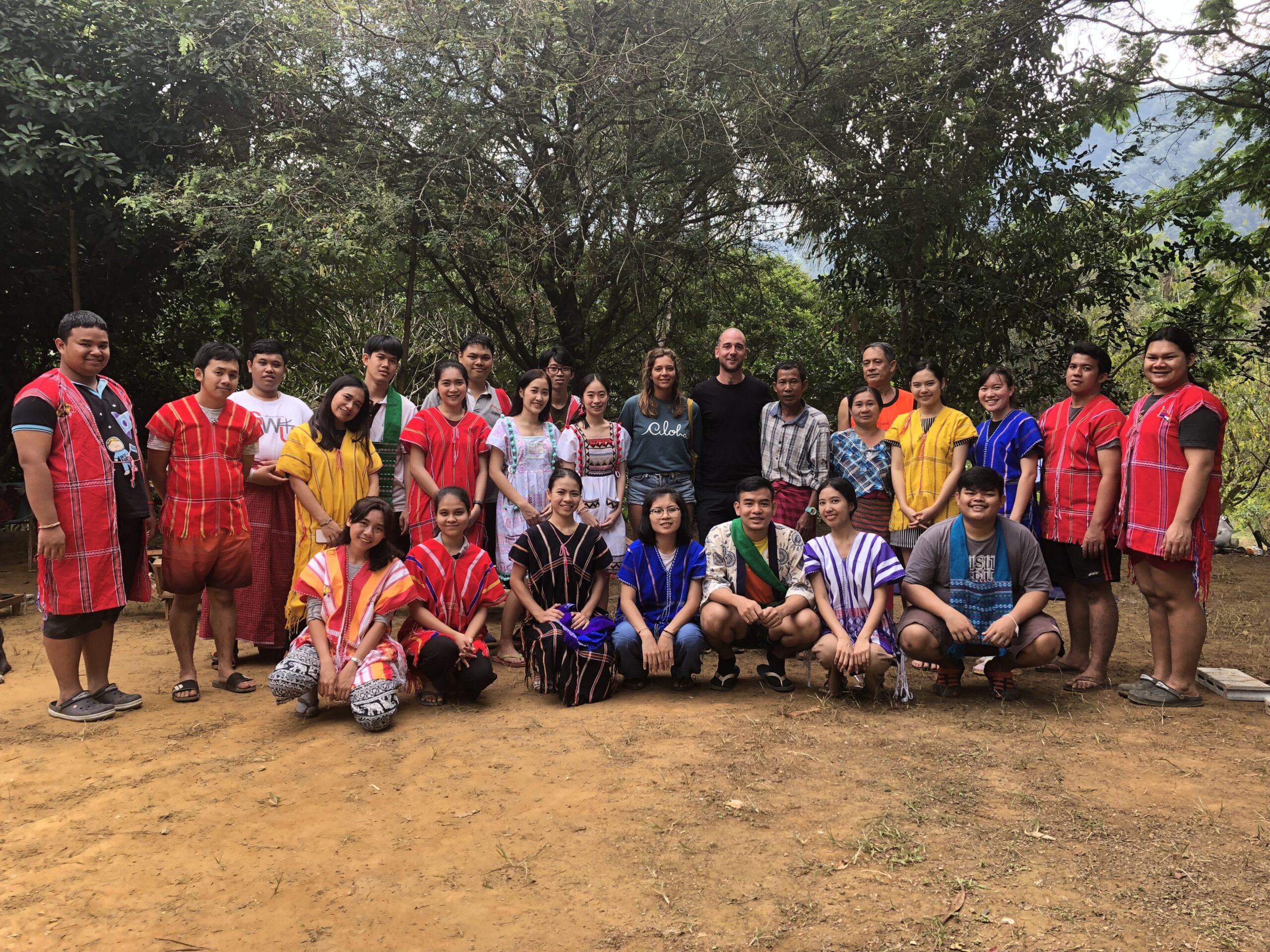The year is 1997. Shwe Maung, a Burmese army general, walks on a Karen flag and publicly declares, “In 20 years, you will only be able to find Karen people in a museum.” Like a prophet of doom, his words seem to ring true with each passing year. Over twenty years after General Maung uttered those words, the population of the Karen people in Burma/Myanmar has been on a steady decline.
The reason for the population decline? The Burma/Myanmar civil war between the Burma military and the Karen National Liberation Army (KNLA). The war which has raged on since 1948 is the longest civil war in the world. This civil war is responsible for the displacement of hundreds of thousands of Karen people driven from their homeland to live in other countries around the globe. Thailand alone hosts about 140,000 Karen refugees.
The fading culture of the Karen people
The Myanmar civil war has been hard on the Karen people. They have had to run from their home and scatter all over the world to escape the atrocities committed against them by the Burmese Army. However, one of the genuinely adverse effects of the war is the risk of the Karen people losing their culture.
A people’s culture represents their values and identity. Man and culture are necessarily two sides of a coin, and each is incomplete without the other. With over 70 years of conflict, the Karen ethnic group hasn’t had the chance to preserve their culture the way society at peace would. With the constant fighting, running, and displacements, there wasn’t much room for cultural preservation over the years. The Karen people left in Myanmar mostly live in fear, and that doesn’t make it any easier for them to preserve their culture and identity.
Preserving the culture of the Karen people
Just like an endangered species, the Karen people realize the urgent need to protect their culture. For them, it’s either they start preserving their culture now or lose it in the next few generations. The Karen people are slowly awakening to the importance of cultural preservation. There have been a few cultural programs aimed at preserving their culture by celebrating their customs and beliefs. The idea is to conserve the culture and teach it to the younger generations so that they can pass it on to future generations.
The Karen cultural programs comprise of music, dance, and general merry-making. In addition to conserving the Karen culture, cultural programs create an excellent opportunity for people to meet and get to know each other. During the last cultural program, we had students attending from as far as Bangkok. The Thai students came to the jungle village where they spent a few days learning Karen culture and interacting with the locals.
Growing the community through cultural programs

Besides promoting Karen culture and heritage, cultural programs play a critical role in building and developing the community. Although these cultural programs aren’t necessarily big events, they have been quite beneficial to the community. They have created opportunities for community teachers to earn an extra income. Performers of the Karen music and dance also get the chance to earn from the cultural programs.
As a big supporter of the Karen cultural preservation, we have started funding the next cultural program. We have already sent the funds to a Karen music and culture teacher, who, coincidentally, happens to be Kong Dee’s dad. You remember Kong Dee. We featured him in an earlier blog post as the first student to graduate through our Scholarship Program. Kong Dee’s dad has already purchased instruments for upcoming cultural programs with the first lot of funding.
Join us in the preservation of the beautiful Karen culture
The Karen people need our help in preserving their culture and identity. We plan to fund subsequent cultural programs to grow them and invite more people to participate and experience the beauty of the Karen culture. We need your help in achieving this dream. Imagine how tragic it would be if the future generation of Karen people never experienced the beauty of communally eating a delicious Karen dish of rice and curry.
All we ask from you is your assistance and support in protecting a culture at risk of vanishing. With your donations, however small, we can help grow Karen cultural programs to significant cultural events. We can help improve the community. By preserving their culture and giving them an opportunity to earn extra income, we would well be on track to achieve our ultimate goal – Building a self-sustaining Karen community.

